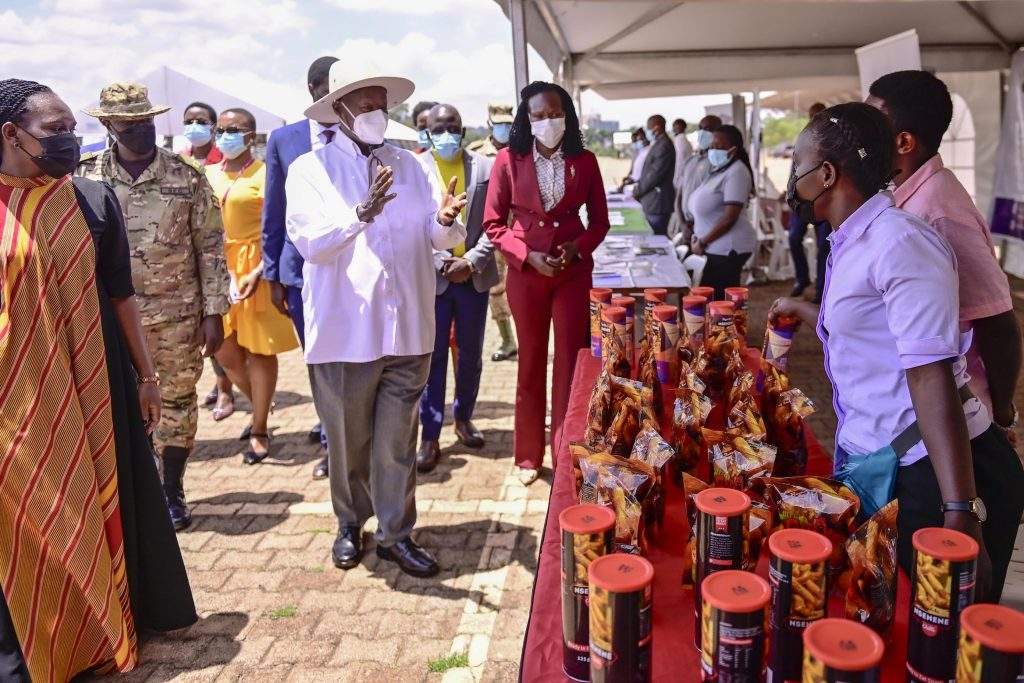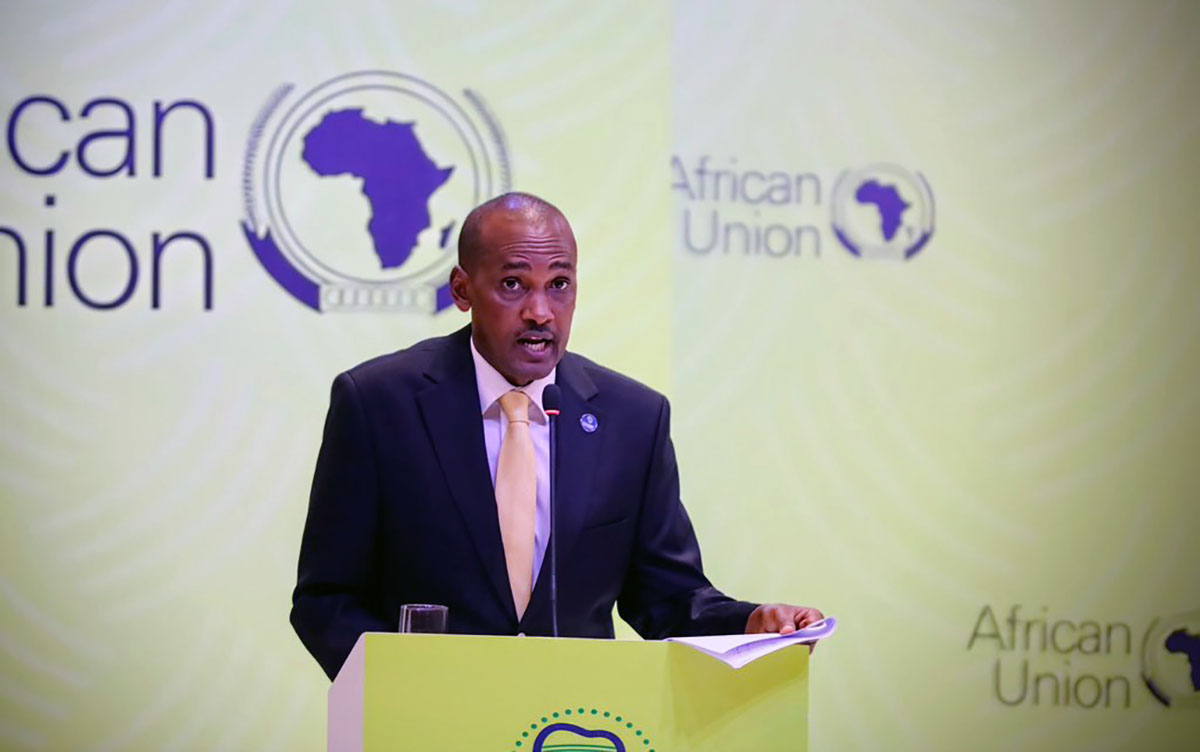Farmers cry out as UCDA demise blunts coffee aroma

Young coffee trees bloom for the first time. Ugandan coffee farmers are worried that the crop faces an uncertain future following the dissolution of UCDA in November last year. INTERNET PHOTO
When Robert Kabushenga quit his posh CEO job at Vision Group to focus on his Rugyeyo Farm, he thought he would become a living example of how coffee farming can be more lucrative than one of the fattest salaries in the country.
Indeed, Kabushenga has over the years shown a passion for coffee, and talked his voice hoarse about the entrepreneurial opportunities that coffee presents to young Ugandans, and why Ugandans should have a patriotic love for Ugandan coffee.
However, his optimism appears to have taken a downward spiral. “Folks, say a prayer for Uganda’s coffee,” Kabushenga wrote in a recent tweet on his X page, which was accompanied by a shocking picture of a sack full of green coffee cherries and another picture of a job advert for almost 100 vacant positions at the Ministry of Agriculture, Animal Industry and Fisheries.
- “The political myopia and monumental stupidity that dismantled the regulator (UCDA) has sent us back decades,” he added. “We’re headed off a cliff. Maybe they will bring in soldiers to handle the way they did with fish. We didn’t need to be here. It was unnecessary.”
The Uganda Coffee Development Authority (UCDA), the long-standing regulator of the coffee industry in Uganda, was merged with the Ministry of Agriculture, Animal Industry and Fisheries (MAAIF) in November last year, following the enactment of the National Coffee (Amendment) Bill, 2024, as part of the Rationalisation of Agencies and Public Expenditure (RAPEX) policy, ostensibly aimed at streamlining public spending and reducing redundant administrative structures.
The disbanding of UCDA faced vehement opposition from a cross section of Members of Parliament and indeed almost every coffee stakeholder, over concerns of the potential negative impact it would have on the coffee industry.
- Just a few months later, Kabushenga is only one of the many key stakeholders that are voicing serious disquiet. Posiano Matovu, the Chairman of the Greater Masaka Coffee Farmers Association, also expressed concern saying the dismantling of UCDA could jeopardize the market gains secured by Uganda’s coffee sector over the years.
“We, as farmers, we were never consulted,” Matovu told this publication. “At both the presidential and parliamentary levels, no one has sought our views. We need to understand if the authority is shifted to the Ministry, will we continue to benefit? MAAIF has a history of corruption scandals, and we simply don’t trust it.”
Matovu further criticized the Ministry’s poor track record in crop management, citing the failed introduction of vanilla as an example of poor planning that left farmers without markets.
He expressed fear that the excessive bureaucracy at MAAIF was slowing down service delivery and negatively impact coffee exports.
Gerald Ssendaula, Chairman of the National Union of Coffee Agribusinesses and Farm Enterprises (NUCAFE), warned that the merger would “backfire” and create more problems than solutions.
- “This decision is set to backfire because there is too much red tape at the Ministry,” Ssendaula said. “Coffee is a specialized crop that requires dedicated oversight, and placing it under a general agricultural body may dilute the focus needed to maintain our export standards.”
- UCDA, established in 1991, has played a significant role in boosting Uganda’s coffee sector. The authority was regulating and promoting the quality of coffee along the entire value-chain, supporting research and development, and enhancing marketing to maximize foreign exchange earnings.
Consequently, Uganda's coffee exports surged to record highs in recent years. In the last financial year, the country exported 6.3 million bags of coffee, representing a 75% increase compared to the previous year. These exports generated USD 826 million, accounting for 22% of Uganda’s foreign exchange earnings. Industry experts worry that merging UCDA with MAAIF could compromise the efficiency that has enabled such growth.
Another major concern for farmers is the absence of extension officers, who provide crucial technical support to farmers on the ground. “Coffee is a unique crop, and not all government agricultural extension officers at the sub-county and district levels understand it well,” Matovu emphasized. “Losing UCDA’s dedicated officers would be a big setback for farmers.”




.JPG)





































